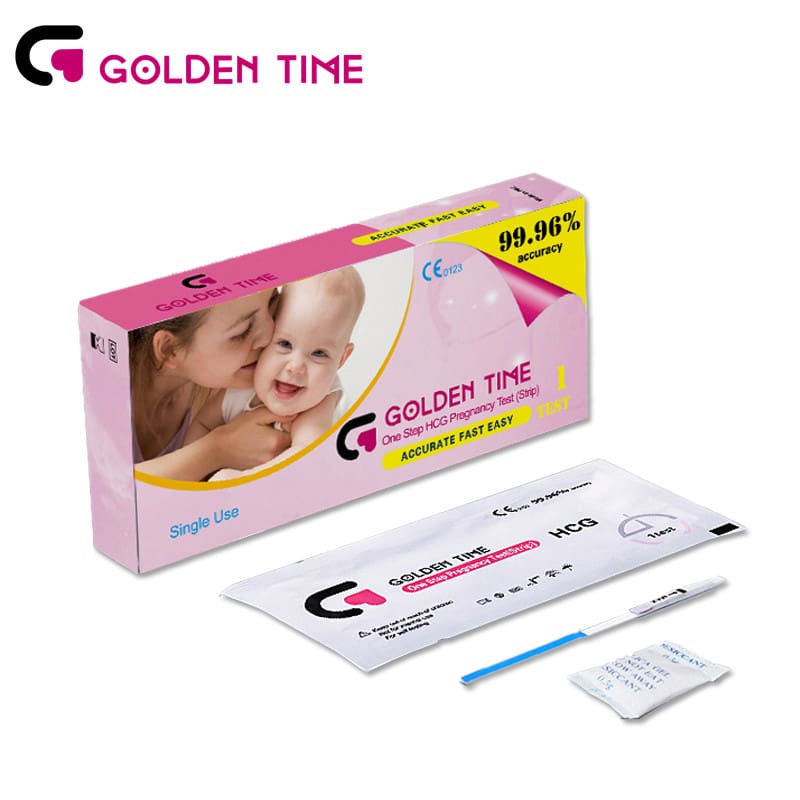Nov . 20, 2024 18:40 Back to list
best diagnostic test for dengue supplier
Best Diagnostic Test for Dengue A Comprehensive Overview
Dengue fever, transmitted primarily by Aedes mosquitoes, poses a significant health risk in tropical and subtropical regions worldwide. With millions of cases reported annually, timely diagnosis is crucial for effective management and treatment. This article will discuss the best diagnostic tests available for dengue and highlight key suppliers providing these essential tools.
A range of diagnostic tests exists for detecting dengue, each with its strengths and weaknesses. The two most widely used types are serological tests and molecular assays. Serological tests, such as the Enzyme-Linked Immunosorbent Assay (ELISA), detect antibodies (IgM and IgG) produced in response to the infection. These tests are advantageous for their ease of use and the ability to perform multiple tests simultaneously. However, they may not be as effective in the early stages of infection, as antibodies take time to develop.
On the other hand, molecular assays, particularly the Reverse Transcriptase Polymerase Chain Reaction (RT-PCR), offer a more sensitive and specific method for identifying the presence of the dengue virus's genetic material. RT-PCR can provide results within a few hours, making it an ideal choice for early diagnosis. However, these tests typically require specialized equipment and trained personnel, which may not be available in all healthcare settings.
best diagnostic test for dengue supplier

Among the leading suppliers of dengue diagnostic tests, several companies stand out due to their commitment to quality, innovation, and accessibility. For example, Dengue NS1 antigen tests offered by companies like Alere and Biogal enable quick detection of the dengue virus in its early phase, thereby facilitating timely intervention. These suppliers leverage advanced technology to enhance the sensitivity and specificity of their tests, ensuring accurate results.
Moreover, companies such as Roche and Abbott provide comprehensive diagnostic solutions through their highly sensitive serological assays. These tests are widely adopted in healthcare facilities around the globe and are known for their reliability and ease of interpretation.
In addition to the established suppliers, emerging biotech firms are entering the market, focusing on developing rapid diagnostic tests (RDTs) that can be used in resource-limited settings. These RDTs are designed to be user-friendly and require minimal training, thereby expanding access to dengue testing in remote areas where traditional laboratory infrastructure is lacking.
As the burden of dengue continues to grow, the importance of reliable diagnostic tests cannot be overstated. Healthcare providers must stay informed about the latest advancements in dengue diagnostics to ensure effective patient management. With a variety of options available from trusted suppliers, healthcare professionals can choose the most appropriate tests based on the specific needs of their patients and the resources available. In conclusion, the best diagnostic test for dengue will depend on factors such as the timing of sample collection and the healthcare setting, but advances in technology are paving the way for more accurate and accessible diagnostics.
-
Reliable Early Pregnancy Test Kit Supplier - Multi Plastic Cassette Options
NewsJul.30,2025
-
Transferrin Rapid Test Cassette – Reliable Tumor Marker Detection
NewsJul.29,2025
-
Accurate Follicle Stimulating Hormone Test Kit | Rapid Reliable Results
NewsJul.29,2025
-
High Accuracy LH Ovulation Test Kit - Digital Results & Wholesale Options
NewsJul.29,2025
-
HbsAg Blood Rapid Test Kit for Fast & Accurate Hepatitis B Detection
NewsJul.28,2025
-
Sterile Urine Cup for Safe & Easy Collection | High-Quality Specimen Cups
NewsJul.28,2025

